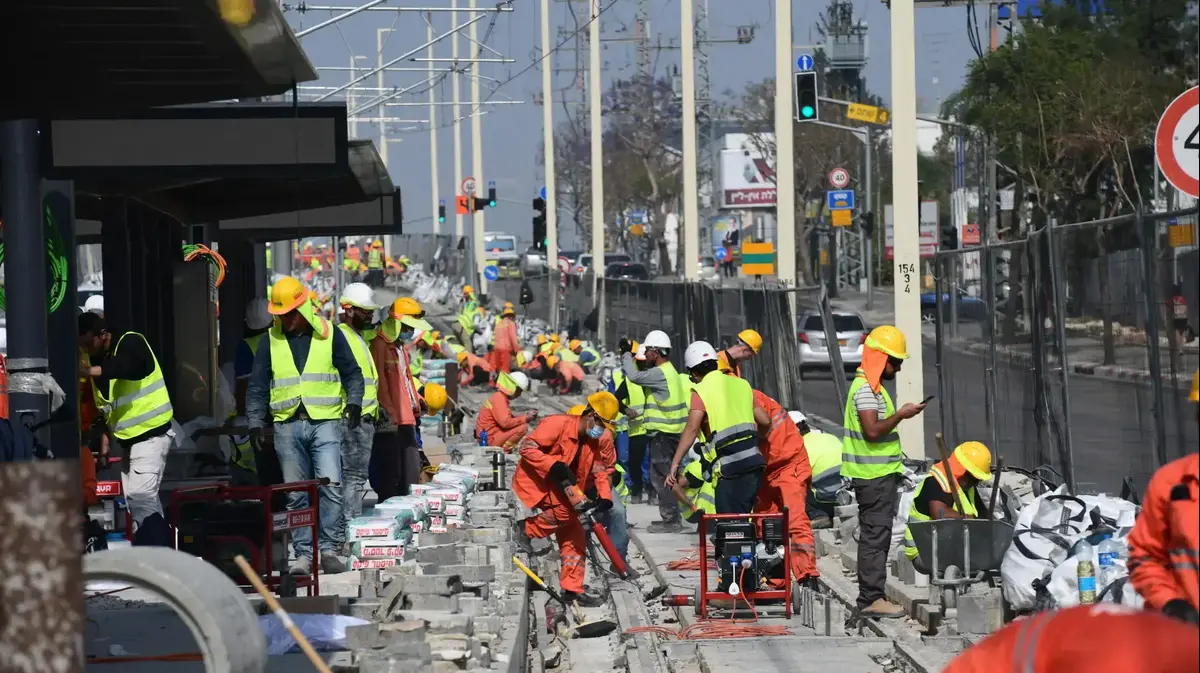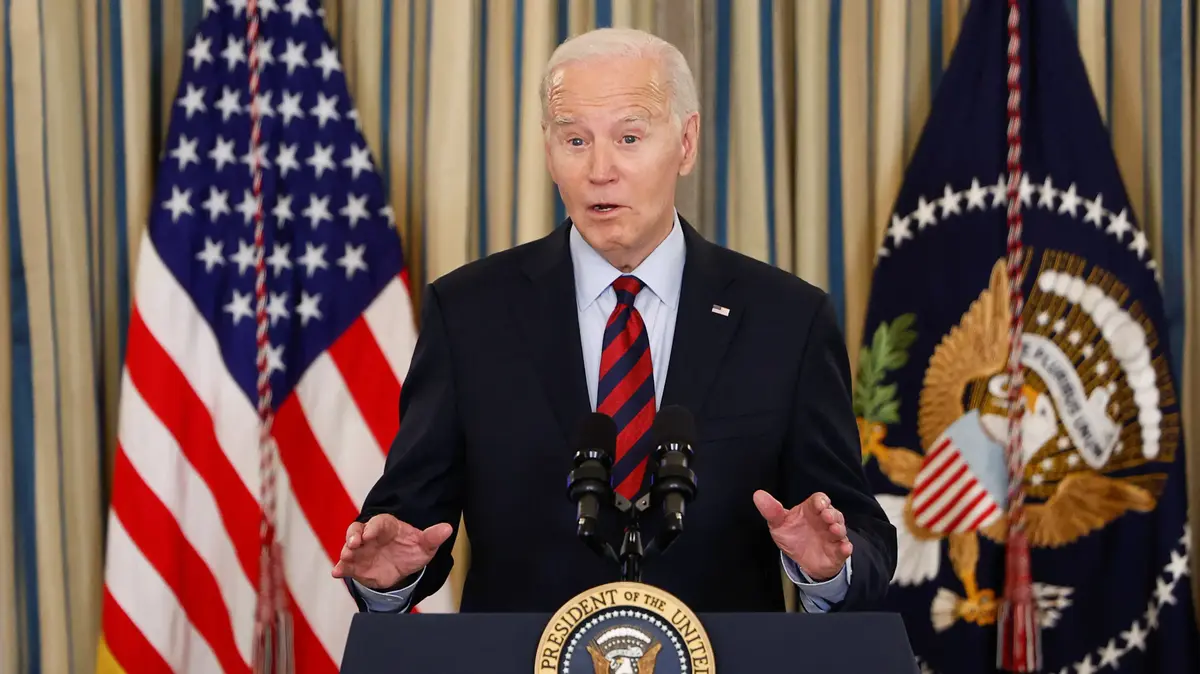Maxime Sbaihi is the director general of the liberal think-tank GénérationLibre.
The crisis caused by the virus is a natural experience of great magnitude, rich in lessons in many fields. The economic and social devastation caused by the brutal slowdown of the economy invalidates the theories of happy decrease. The observed decline in international trade, which particularly affects the most vulnerable countries, proves that de-globalization is a whim of the rich countries paid dearly by the poor countries. The closing of the borders also allows us to finally see immigration in its true light.
Read also: Work tomorrow: a new deal?
Around us, the examples of gaps left by a suddenly prevented immigration multiply and bring the best denial to the fallback speeches which have too long contaminated the public debate. In Germany, the precipitous return to the country of tens of thousands of Polish, Hungarian or Romanian caregivers has taken by surprise a whole generation of pensioners who suddenly find themselves alone to brave loneliness and illness. The precipitous exodus forced a national awareness on the importance of this foreign workforce, coming from Eastern Europe and estimated between 100,000 and 300,000 workers, to oil the cogs of a system of health more than ever faced with the risk of dependence of seniors.
The French government had to urgently apply derogations to bring in European foreign workers in agriculture.In France, it is probably agriculture which suffers the most from the closure of the borders. According to the FNSEA, the sector employs more than 200,000 seasonal workers every year, including 80,000 from abroad. So many hands that are terribly missing during the harvest period. The government has asked the French to join " the great army of French agriculture " and the Minister of Agriculture to even suggest, in a very Maoist spirit, "a hairdresser who no longer has any activity can he not go to work in the fields? ” . The appeal made a big flop and the government had to urgently apply exemptions to bring in foreign European workers. Immigration is therefore called to the rescue of our farmers behind the fashionable rhetoric of returning to the land which is decidedly more popular than vocations. In times of crisis, smoking ideas are trampled mercilessly by Trotsky's famous "sovereign boot of reality" .
Read also: Coronavirus: border restrictions hamper supplies to Europe
The forced cessation of migratory flows also impacts the more idle version of immigration that is tourism. Portugal, Spain, Italy and Greece are openly worried about the impact of a white summer season on their economy. And for good reason: the four million German tourists who frequent the Hellenic coasts each year bring in three billion euros, or almost 2% of national GDP. A transfer of European wealth from pocket to pocket, far from institutions, vital for an economy still recovering. Aware of the challenges, the European Commission has made tourism restoration its new political priority.
The European continent suddenly realizes that it is difficult to turn without intra and extra European immigration.In the misfortune of the crisis, the closure of borders has the immense advantage of making concrete the cornerstone which is the free movement of people, workers and tourists, in Europe. The most serious economists keep repeating the benefits of immigration, but they are inaudible in a conversation usually polluted by populists more interested in scapegoats than demographic decline. In a paper dating from 2018, d'Albis, Boutbane and Coulibaly conclude, after analysis of migratory flows in Western Europe between 1985 and 2015, that a migration shock "considerably" increases the GDP of the host country over the following four years, even seeing a slight decrease in unemployment and a positive effect on public finances.
Inaudible in public debate, these truths suddenly jump out at us in the face of the crisis. The height of the situation is that the European continent suddenly realizes that it is difficult to film without intra and extra European immigration after having spent five years questioning it. We must grasp this welcome return to reality by starting by reinstating free movement within our continent as quickly as possible. This force which is pushing everywhere to reopen is not that of a technocratic plot, or of a liberal dogmatism, but indeed of wills on the ground impatient to get back to sharing work and prosperity.
"We recognize happiness by the noise it makes when it leaves , " writes Prévert. We recognize immigration by the emptiness it leaves when it stops. Let us take advantage of this unprecedented moment to finally advance a common migration policy, starting by harmonizing the asylum procedures between member states. Populists who pinch their noses when talking about immigration are weakened and the opportunity to move forward is too good to miss. Let us transform our enlightened minds into concrete actions.









